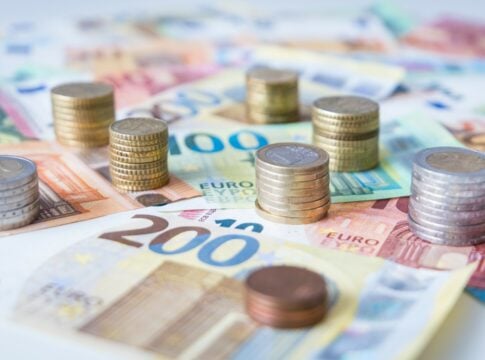Greece’s inflation slowed significantly to 3% in November from 3.8% in October. Based on Eurostat’s preliminary data, the harmonized index of consumer prices registered a further decline to 2.4% in November from 2.8% in October.
Despite the decline recorded in Greece, food prices continued to grow, but at a slower rate than in October. In November the food-beverage-tobacco sector registered an increase of 7.7% from 8.8% in the previous month. Services rose by 2.4% (versus a 3.4% increase in October) while energy prices fell by 7.2% from -6.8% in October.
Core inflation in Greece, i.e. excluding food-drinks-tobacco and energy, fell to 2.8% in November from 3.6% in the previous month.
At the eurozone level, all individual sectors moved downwards, with food-drinks and tobacco rising by 6.9% from 7.4% in October, services by 4% from 4.6% in October. On the contrary, the downward trend of energy prices continued, as in November a decrease of 11.5% was recorded from a decrease of 11.2% in October.
Core inflation in the eurozone slowed to 3.6% in November from 4.2% in October.
According to Eurostat data, the lowest annual rates were recorded in Belgium (-0.7%), Italy (0.7%) and Finland (0.8%) and the highest in Slovakia (6.9%), Croatia (5.5%) and Austria (4.9%).














